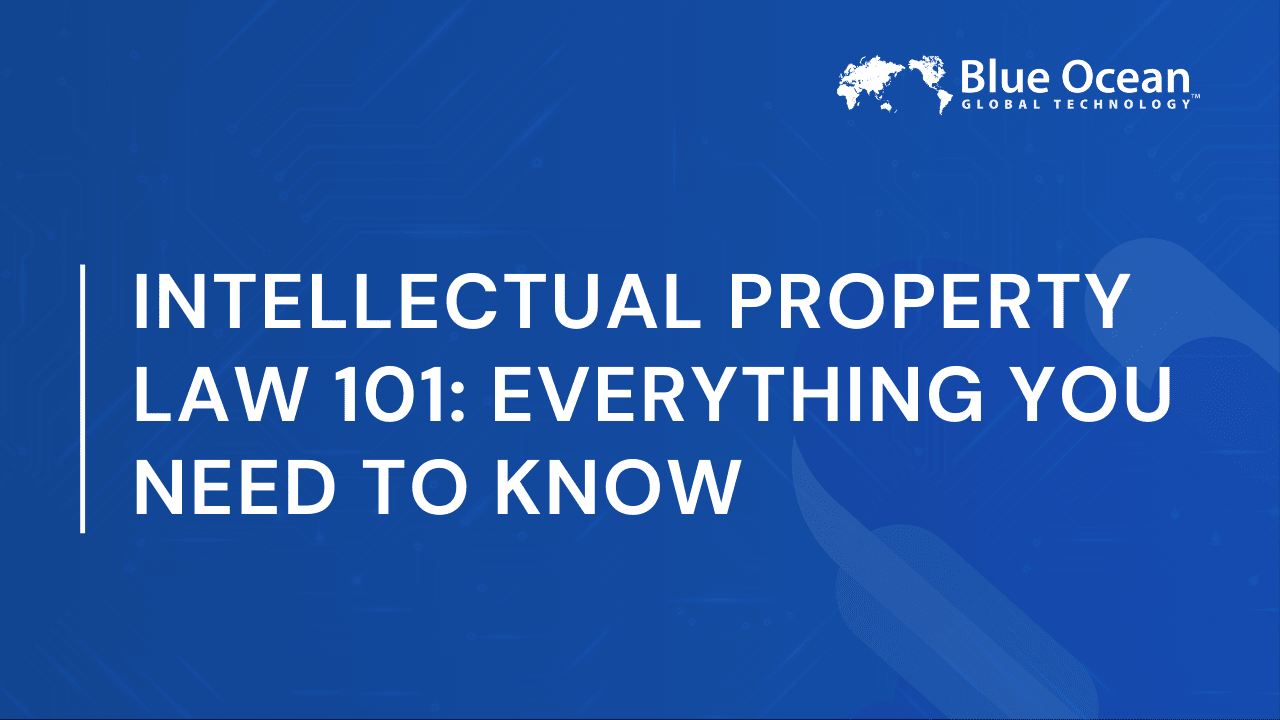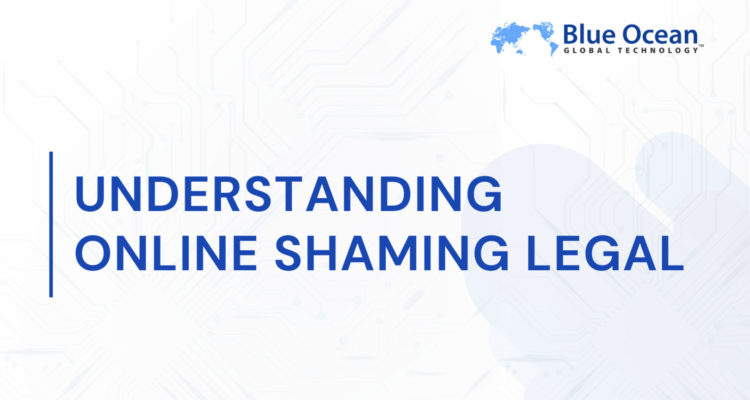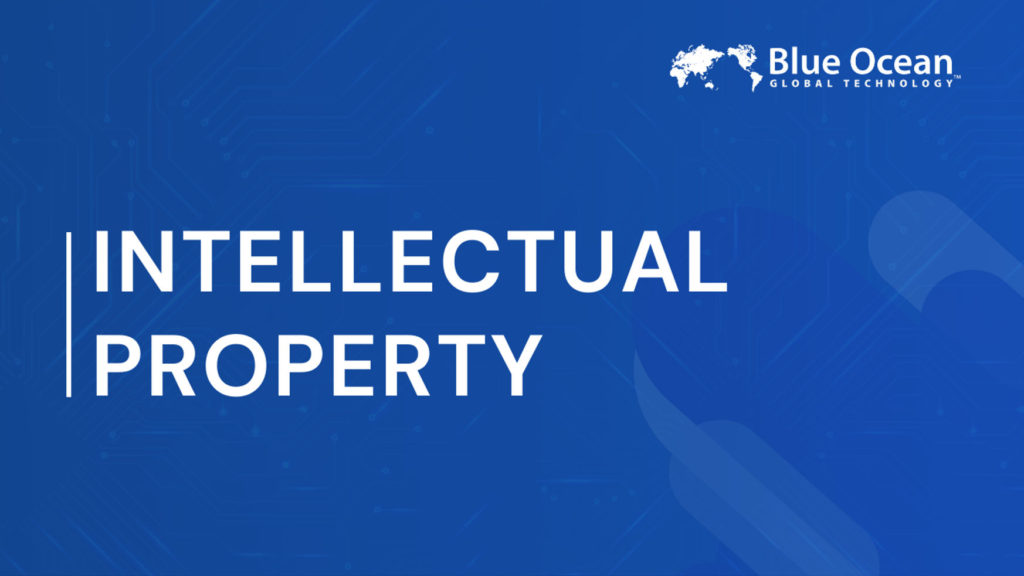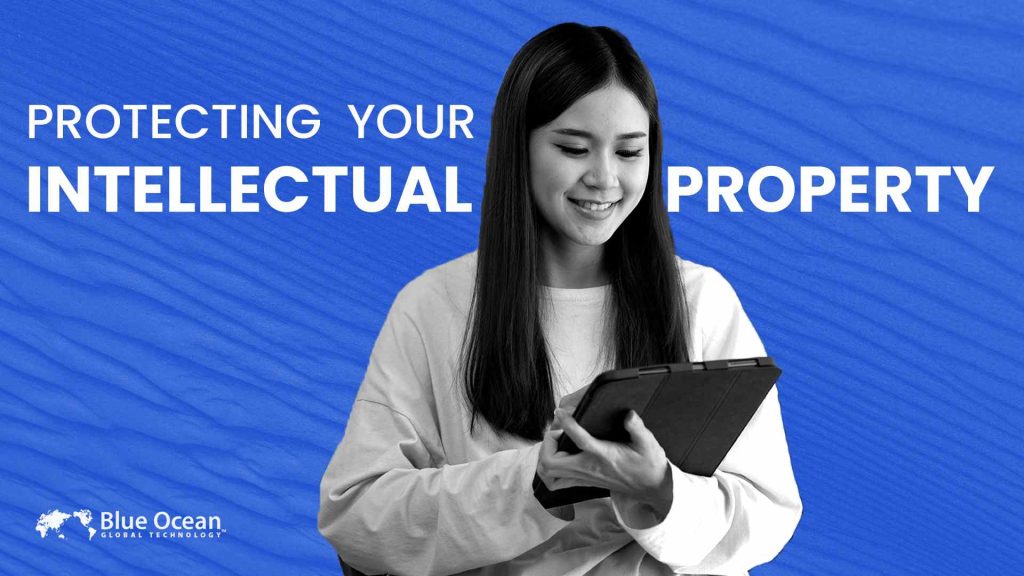Intellectual property law is essential for any business as it will help in protecting your creations and innovations. Whether you’re an investor, artist, or entrepreneur, knowing your rights can save you from potential disputes and financial losses.
Intellectual property (IP) is divided into many forms such as patents, trademarks, copyrights, Geographical Indicators, etc. By learning more about IP protection, it’ll help you address infringement and explain how you can respond.
What Is Intellectual Property Law?
Intellectual property law is a branch of law that deals with protecting the rights of those who create original works. Intellectual property rights apply to inventions, literary and artistic works, symbols, names, and images used in commerce.
IP law ensures that you can benefit from your work and prevent others from using it without your express consent.
Why Intellectual Property Rights Matter
IPR provides you with exclusive control over your work. This exclusivity encourages innovation and creativity by allowing you to profit from your efforts and designs.
IP also helps maintain the quality and authenticity of products and services for consumers and helps businesses preserve their reputations.

Source : Pexels
How to Legally Enforce Your Intellectual Property Rights
You must take several steps to ensure intellectual property protection. First and foremost, you must make sure your IP is legally recognized by registering it with the appropriate government agency. There are separate offices for trademarks, copyrights, and patents.
After registering your IP, you’ll need to regularly check for any cases of unauthorized use. This is known as intellectual property infringement.
Conduct online searches for knock-off products, and monitor market trends to ensure no items or services are violating your rights. You can also use professional monitoring services to search for IP violations.
If you discover that someone has committed IP infringement against your registered creation, take swift legal action. You can send cease-and-desist letters, file a lawsuit, and seek damages for unauthorized use.
You’ll need to work with a skilled attorney who focuses on IP infringement cases. They’ll handle everything from gathering evidence to engaging expert witnesses to testify on your behalf.
The Protective Capabilities of Trademarks, Patents, and Copyrights
To enjoy intellectual property protection, you must register your creation. Consider what type of IP you’ve created and register it with the appropriate office. Keep in mind that it can take several years for your filing to be approved.
Fortunately, you’ll enjoy some intellectual property protections while your request is pending. However, if you fail to file a patent, trademark, or copyright request, you’ll have very little recourse against IP violations.
What Is Intellectual Property Infringement?
IP infringement occurs when someone uses your creation without your permission. Infringement can take many forms depending on the type of IP you’ve created. For example, copying and selling the design of your invention as a competing product is a type of patent infringement.
Any violation undermines the value of your IP and can lead to financial losses. You may also experience reputational damage if cheap knock-offs of your design are created and fraudulently advertised as legitimate products.
Strengthen your business with intellectual property protection
Innovation is the key to any business’s success, with our help, protect your business.
Common Types of IP Violations
Let’s take a closer look at the four main types of IP violations.
Patent Infringement
Patent infringement happens when someone makes, uses, sells, or imports a patented invention without permission.
The U.S. government classifies violations into two types: direct and indirect. Direct infringement occurs when the party engages in the actions themselves. Indirect infringement is when an unscrupulous actor assists or induces another person to violate your IP rights.
Let’s say you’ve created a new type of noise-canceling headphones and obtained a patent for your design. Later, a competitor starts selling a similar device using your patented technology without your permission. This direct infringement can harm your sales and market position.
Alternatively, your supplier providing the competitor with components specifically designed for your headphones would be counted as an indirect violation. You could hold both parties liable.

Source : Pexels
Trademark Infringement
Trademark infringement occurs when someone uses a trademark that’s identical or confusingly similar to the IP you’ve registered. These violations can confuse consumers and damage your reputation.
Suppose that you own a popular coffee shop called “Bean Bliss,” which has a distinct logo. Another person opens a shop across town using the name “Beane Bliss” with a similar logo. They even copy your color scheme.
Customers might be confused and think the two businesses are related. This confusion can dilute your brand’s identity and lead to lost sales.
Copyright Infringement
Copyright infringement occurs when another party copies, distributes, performs, or displays your protected work without your permission. This can range from illegally downloading music or movies to copying text or images.
Imagine that you’ve written and published a book. Someone else copies large portions of your text and includes them in their book without your permission. This is a direct violation of your copyright. Another example is someone downloading and sharing your original music online without buying or licensing it.
Theft of Trade Secrets
IP theft costs the U.S. between $225 billion and $600 billion every year. These incidents involve various types of unauthorized use, including theft of trade secrets. Trade secrets are valuable because they give the company a competitive advantage.
The formula for Coca-Cola syrup is an example of a trade secret. In fact, it’s one of the most closely guarded in the world. If someone leaked the formula to a competitor, the act would constitute theft and result in severe legal repercussions.
The Role of Attorneys in Enforcing Intellectual Property Laws
Attorneys play a crucial role in enforcing intellectual property laws. They can help you understand your rights, guide you through the IP registration process, and represent you in legal disputes.

Source : Pexels
A qualified attorney can help you initiate a case for IP violations. These types of cases are becoming more common, with IP theft claims up 21%. Arrests and indictments have increased, indicating that the judicial system is acting swiftly to address incidents of IP violations.
You shouldn’t wait until you face a violation to hire an IP attorney. Consider retaining a legal professional to assist with the filing process.
You’ll need to provide supporting documents, including diagrams and artist renderings, to have your request for IP protection approved. A lawyer can assist you with this process and help prevent delays.
Intellectual Property Protection: How to Safeguard Your IP
Understanding intellectual property law will help you protect your hard work and reap the benefits of your creativity. Be proactive by registering your IP and consult a legal professional for detailed guidance on detecting infringements.
If you want more information regarding your IP rights, connect with Blue Ocean Global Technology. Our team can provide personalized guidance to help you protect your IP and, if necessary, take legal action.
Frequently Asked Questions
1. What is intellectual property law?
Intellectual property law protects creations of the mind, including inventions, literary and artistic works, symbols, names, and images. It gives the creator exclusive rights to use, sell, and license their creation.
IP law is critical for encouraging innovation. It offers the creator peace of mind of knowing that they’ll be able to profit from and protect their designs.
2. What should I do if someone infringes on my IP rights?
If you suspect your IP rights are being infringed, gather evidence of the infringement and speak with an IP attorney. Print or create digital copies of evidence that supports your claim, such as ads, websites, and product displays. Doing so will allow you to preserve the evidence in case the violator attempts to delete it.
Your attorney will determine whether you have grounds for a claim and explain your next steps. They’ll then gather additional evidence, file a suit on your behalf, and guide you through the legal process.
3. How can an attorney help me protect my intellectual property?
An intellectual property lawyer can help you register your IP, ensuring that it’s legally protected. They’ll also provide strategic advice on managing and enforcing your rights. Furthermore, drafting necessary legal documents, and representing you if any disputes arise is also part of their responsibilities.
4. How do I protect my intellectual property?
The first step involves registering your IP with the appropriate government agency. While collaborating with someone on the design or receiving aid for your creative process, have them sign a non-disclosure agreement.
Once you’ve registered your IP, monitor the market for potential violations. You should also retain the services of an IP lawyer so you can swiftly address possible infringement.
Work with the best IP experts:
Find the best experts in intellectual property laws with us. Start a consultation with us to learn about IPR.













Comments are closed.